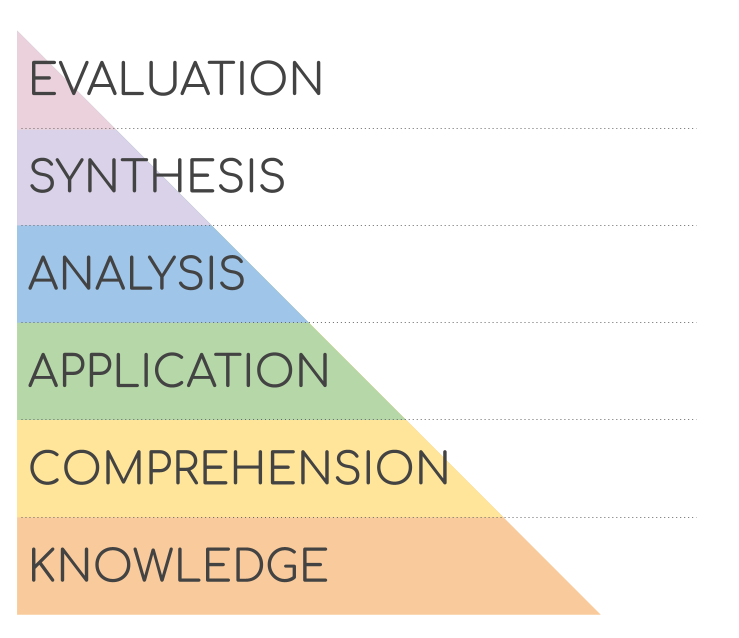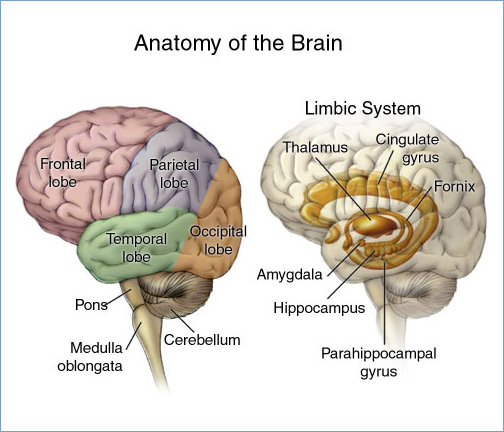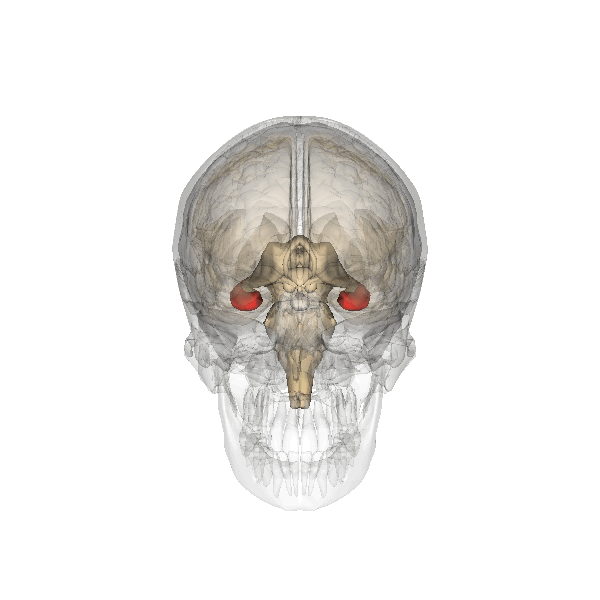|
Errorless Learning
Errorless learning was an instructional design introduced by psychologist Charles Ferster in the 1950s as part of his studies on what would make the most effective learning environment. B. F. Skinner was also influential in developing the technique, noting that, ...errors are not necessary for learning to occur. Errors are not a function of learning or vice versa nor are they blamed on the learner. Errors are a function of poor analysis of behavior, a poorly designed shaping program, moving too fast from step to step in the program, and the lack of the prerequisite behavior necessary for success in the program. Errorless learning can also be understood at a synaptic level, using the principle of Hebbian learning ("Neurons that fire together wire together"). Many of Skinner's other students and followers continued to test the idea. In 1963, Herbert Terrace wrote a paper describing an experiment with pigeons which allows discrimination learning to occur with few or even with no ... [...More Info...] [...Related Items...] OR: [Wikipedia] [Google] [Baidu] |
Instructional Design
Instructional design (ID), also known as instructional systems design and originally known as instructional systems development (ISD), is the practice of systematically designing, developing and delivering instructional materials and experiences, both digital and physical, in a consistent and reliable fashion toward an efficient, effective, appealing, engaging and inspiring acquisition of knowledge. The process consists broadly of determining the state and needs of the learner, defining the end goal of instruction, and creating some "intervention" to assist in the transition. The outcome of this instruction may be directly observable and scientifically measured or completely hidden and assumed. There are many instructional design models, but many are based on the ADDIE model with the five phases: analysis, design, development, implementation, and evaluation. History Origins As a field, instructional design is historically and traditionally rooted in cognitive and behavioral psyc ... [...More Info...] [...Related Items...] OR: [Wikipedia] [Google] [Baidu] |
Implicit Learning
Implicit learning is the learning of complex information in an unintentional manner, without awareness of what has been learned. According to Frensch and Rünger (2003) the general definition of implicit learning is still subject to some controversy, although the topic has had some significant developments since the 1960s. Implicit learning may require a certain minimal amount of attention and may depend on attentional and working memory mechanisms. The result of implicit learning is implicit knowledge in the form of abstract (but possibly instantiated) representations rather than verbatim or aggregate representations, and scholars have drawn similarities between implicit learning and implicit memory. Examples from daily life, like learning how to ride a bicycle or how to swim, are cited as demonstrations of the nature of implicit learning and its mechanism. It has been claimed that implicit learning differs from explicit learning by the absence of consciously accessible knowledge. ... [...More Info...] [...Related Items...] OR: [Wikipedia] [Google] [Baidu] |
Parkinson's
Parkinson's disease (PD), or simply Parkinson's, is a neurodegenerative disease primarily of the central nervous system, affecting both motor and non-motor systems. Symptoms typically develop gradually and non-motor issues become more prevalent as the disease progresses. The motor symptoms are collectively called parkinsonism and include tremors, bradykinesia, rigidity as well as postural instability (i.e., difficulty maintaining balance). Non-motor symptoms develop later in the disease and include behavioral changes or neuropsychiatric problems such as sleep abnormalities, psychosis, anosmia, and mood swings. Most Parkinson's disease cases are idiopathic, though contributing factors have been identified. Pathophysiology involves progressive degeneration of nerve cells in the substantia nigra, a midbrain region that provides dopamine to the basal ganglia, a system involved in voluntary motor control. The cause of this cell death is poorly understood but involves the aggreg ... [...More Info...] [...Related Items...] OR: [Wikipedia] [Google] [Baidu] |
Applied Psychology
Applied psychology is the use of psychological methods and findings of scientific psychology to solve practical problems of human and animal behavior and experience. Educational and organizational psychology, business management, law, health, product design, ergonomics, behavioural psychology, psychology of motivation, psychoanalysis, neuropsychology, psychiatry and mental health are just a few of the areas that have been influenced by the application of psychological principles and scientific findings. Some of the areas of applied psychology include counseling psychology, industrial and organizational psychology, engineering psychology, occupational health psychology, legal psychology, school psychology, sports psychology, community psychology, neuropsychology, medical psychology and clinical psychology, evolutionary psychology, human factors, forensic psychology and traffic psychology. In addition, a number of specialized areas in the general area of psychology have applied bra ... [...More Info...] [...Related Items...] OR: [Wikipedia] [Google] [Baidu] |
Behavioral Contrast
Behavioral contrast refers to a change in the strength of one response that occurs when the rate of reward of a second response, or of the first response under different conditions, is changed. For example, suppose that a pigeon in an operant chamber pecks a key for food reward. Sometimes the key is red, sometimes green, but food comes with equal frequency in either case. Then suddenly pecking the key when it is green brings food less frequently. Positive contrast is seen when the rate of response to the red key goes up, even though the frequency of reward in red remains unchanged. Likewise, increasing the reward to green tends to reduce the response rate to red (negative contrast). This sort of contrast effect may occur following changes in the amount, frequency, or nature of the reward, and it has been shown to occur with various experimental designs and response measures (e.g. response rate, running speed).Mackintosh, N. J. (1974) The Psychology of Animal Learning. New York: Acade ... [...More Info...] [...Related Items...] OR: [Wikipedia] [Google] [Baidu] |
Inhibitory
An inhibitory postsynaptic potential (IPSP) is a kind of synaptic potential that makes a Chemical synapse, postsynaptic neuron less likely to generate an action potential.Purves et al. Neuroscience. 4th ed. Sunderland (MA): Sinauer Associates, Incorporated; 2008. The opposite of an inhibitory postsynaptic potential is an excitatory postsynaptic potential (EPSP), which is a synaptic potential that makes a postsynaptic neuron ''more'' likely to generate an action potential. IPSPs can take place at all chemical synapses, which use the secretion of neurotransmitters to create cell-to-cell signalling. EPSPs and IPSPs compete with each other at numerous synapses of a neuron. This determines whether an action potential occurring at the presynaptic terminal produces an action potential at the postsynaptic membrane. Some common neurotransmitters involved in IPSPs are GABA and glycine. Inhibitory presynaptic neurons release neurotransmitters that then bind to the Neurotransmitter receptor ... [...More Info...] [...Related Items...] OR: [Wikipedia] [Google] [Baidu] |
Explicit Memory
Explicit memory (or declarative memory) is one of the two main types of long-term human memory, the other of which is implicit memory. Explicit memory is the conscious, intentional recollection of factual information, previous experiences, and concepts. This type of memory is dependent upon three processes: acquisition, consolidation, and retrieval. Explicit memory can be divided into two categories: episodic memory, which stores specific personal experiences, and semantic memory, which stores factual information.Tulving E. 1972. Episodic and semantic memory. In Organization of Memory, ed. E Tulving, W Donaldson, pp. 381–403. New York: Academic Explicit memory requires gradual learning, with multiple presentations of a stimulus and response. The type of knowledge that is stored in explicit memory is called declarative knowledge. Its counterpart, known as implicit memory, refers to memories acquired and used unconsciously, such as skills (e.g. knowing how to get dressed ... [...More Info...] [...Related Items...] OR: [Wikipedia] [Google] [Baidu] |
Cognitive Psychology
Cognitive psychology is the scientific study of human mental processes such as attention, language use, memory, perception, problem solving, creativity, and reasoning. Cognitive psychology originated in the 1960s in a break from behaviorism, which held from the 1920s to 1950s that unobservable mental processes were outside the realm of empirical science. This break came as researchers in linguistics and cybernetics, as well as applied psychology, used models of mental processing to explain human behavior. Work derived from cognitive psychology was integrated into other branches of psychology and various other modern disciplines like cognitive science, linguistics, and economics. History Philosophically, ruminations on the human mind and its processes have been around since the times of the Ancient Greece, ancient Greeks. In 387 BCE, Plato had suggested that the brain was the seat of the mental processes. In 1637, René Descartes posited that humans are born with innate ideas and ... [...More Info...] [...Related Items...] OR: [Wikipedia] [Google] [Baidu] |
Implicit Memory
In psychology, implicit memory is one of the two main types of long-term human memory. It is acquired and used unconsciously, and can affect thoughts and behaviours. One of its most common forms is procedural memory, which allows people to perform certain tasks without conscious awareness of these previous experiences; for example, remembering how to tie one's shoes or ride a bicycle without consciously thinking about those activities. The type of knowledge that is stored in implicit memory is called implicit knowledge, implicit memory's counterpart is known as explicit memory or declarative memory, which refers to the conscious, intentional recollection of factual information, previous experiences and concepts. Evidence for implicit memory arises in priming, a process whereby subjects are measured by how they have improved their performance on tasks for which they have been subconsciously prepared. Implicit memory also leads to the illusory truth effect, which suggests tha ... [...More Info...] [...Related Items...] OR: [Wikipedia] [Google] [Baidu] |
Charles Ferster
Charles Bohris Ferster (1 November 1922 – 3 February 1981) was an American behavioral psychologist. A pioneer of applied behavior analysis, he developed errorless learning and was a colleague of B.F. Skinner's at Harvard University, co-authoring the book ''Schedules of Reinforcement'' (1957). Career Ferster received his bachelor's degree at Rutgers University in 1947 followed by his Master's in 1948 and Ph.D. in 1958 from Columbia University. He then worked as a colleague with B. F. Skinner at Harvard University, where they established the '' Journal of the Experimental Analysis of Behavior'' in 1958. While at Harvard, he devised errorless learning to train animals, and used other forms of what was then termed behavior modification for clients with depression and obesity. While serving as an assistant professor of psychology at Indiana University School of Medicine from 1957 to 1962, Ferster employed errorless learning to instruct young autistic children how to speak. Fer ... [...More Info...] [...Related Items...] OR: [Wikipedia] [Google] [Baidu] |
Operant Conditioning
Operant conditioning, also called instrumental conditioning, is a learning process in which voluntary behaviors are modified by association with the addition (or removal) of reward or aversive stimuli. The frequency or duration of the behavior may increase through reinforcement or decrease through punishment or Extinction (psychology), extinction. Origins Operant conditioning originated with Edward Thorndike, whose law of effect theorised that behaviors arise as a result of consequences as satisfying or discomforting. In the 20th century, operant conditioning was studied by Behaviorism, behavioral psychologists, who believed that much of mind and behaviour is explained through environmental conditioning. Reinforcements are environmental stimuli that increase behaviors, whereas punishments are stimuli that decrease behaviors. Both kinds of stimuli can be further categorised into positive and negative stimuli, which respectively involve the addition or removal of environmental stim ... [...More Info...] [...Related Items...] OR: [Wikipedia] [Google] [Baidu] |
Reinforcement
In Behaviorism, behavioral psychology, reinforcement refers to consequences that increase the likelihood of an organism's future behavior, typically in the presence of a particular ''Antecedent (behavioral psychology), antecedent stimulus''. For example, a rat can be trained to push a lever to receive food whenever a light is turned on; in this example, the light is the antecedent stimulus, the lever pushing is the ''operant behavior'', and the food is the ''reinforcer''. Likewise, a student that receives attention and praise when answering a teacher's question will be more likely to answer future questions in class; the teacher's question is the antecedent, the student's response is the behavior, and the praise and attention are the reinforcements. Punishment (psychology), Punishment is the inverse to reinforcement, referring to any behavior that decreases the likelihood that a response will occur. In operant conditioning terms, punishment does not need to involve any type of p ... [...More Info...] [...Related Items...] OR: [Wikipedia] [Google] [Baidu] |





